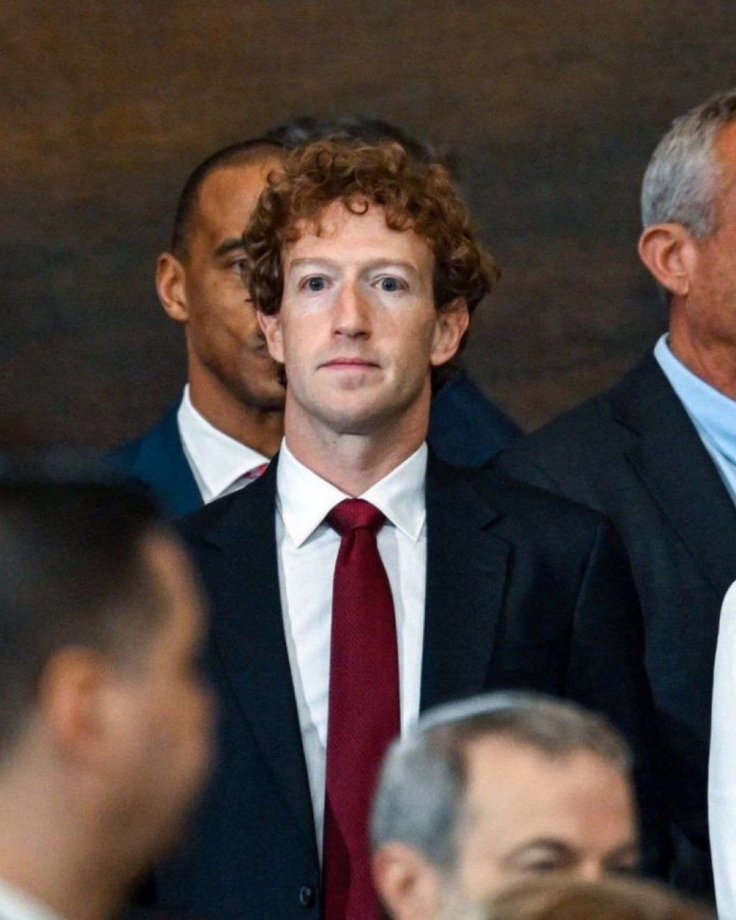After creating a buzz about the superintelligence unit recently, including hiring Alexander Wang of Scale AI, Meta has announced a new AI division, Meta Superintelligence Labs (MSL), focused on AGI. The aim: to develop systems that can outperform humans in a wide range of pursuits. The move is one of the boldest bets yet for Meta Chief Executive Mark Zuckerberg in the future of technology.

MSL will bring together the strengths of Meta's leading AI teams, such as its Fundamental AI Research (FAIR) organization, core product engineers, and foundational model creators. Meanwhile, a second sub-lab under MSL will focus on constructing next-generation large language models (LLMs), an effort that puts Meta in the same playing field as OpenAI's GPT and Gemini from Google DeepMind.
However, it's the leadership at the top that is capturing a huge amount of attention. Meta has named its first Chief AI Officer, former Scale AI CEO Alexandr Wang. Zuckerberg has described him as "the most impressive founder of his generation." He'll share CEO duties with Nat Friedman, GitHub's former CEO, who will concentrate on product development and applied research.
The recruitment process for MSL was personally overseen by Zuckerberg. He reportedly invited candidates to his home and extended high-value offers. Though the reports of a $100 million signing bonus have been debunked by Meta's CTO.
Meta's recent $14.3 billion acquisition of Scale AI wasn't just financial; it also added a top-notch team and helped lay the groundwork for MSL. The company is also in discussions with smaller AI companies such as Runway and Perplexity AI, and is expected to acquire PlayAI, a startup developing voice working on voice replication using AI.
Perhaps the most eye-popping aspect of this launch is the hiring spree. Meta has managed to poach some of the top A.I. researchers from rivals like OpenAI, Anthropic, and Google. Among its notable recruits, the NNPRC includes co-founder Trapit Bansal, who co-created the O-series of OpenAI models; Shuchao Bi, who worked on the O-series model GPT-4o's voice features; and Huiwen Chang, a big name in image generation from Google Research. Other names include Ji Lin, Joel Pobar, Jack Rae, Johan Schalkwyk, Pei Sun, Hongyu Ren, Jiahui Yu, and Shengjia Zhao-each bringing deep expertise in language, reasoning, vision, and multimodal AI systems.
Zuckerberg said in a staff memo, "The pace of AI progress is accelerating. Superintelligence is in sight, and I believe this is the dawn of a new era for humanity."
This bold move by Meta aligns with the strategies of its tech rivals. Microsoft recently spent $650 million buying the majority of the team left at Inflection AI, while Amazon has been quietly hiring significant talent from Adept and other startups. The race to control next-gen AI has certainly heated up, and Meta seems determined not to be left behind.









